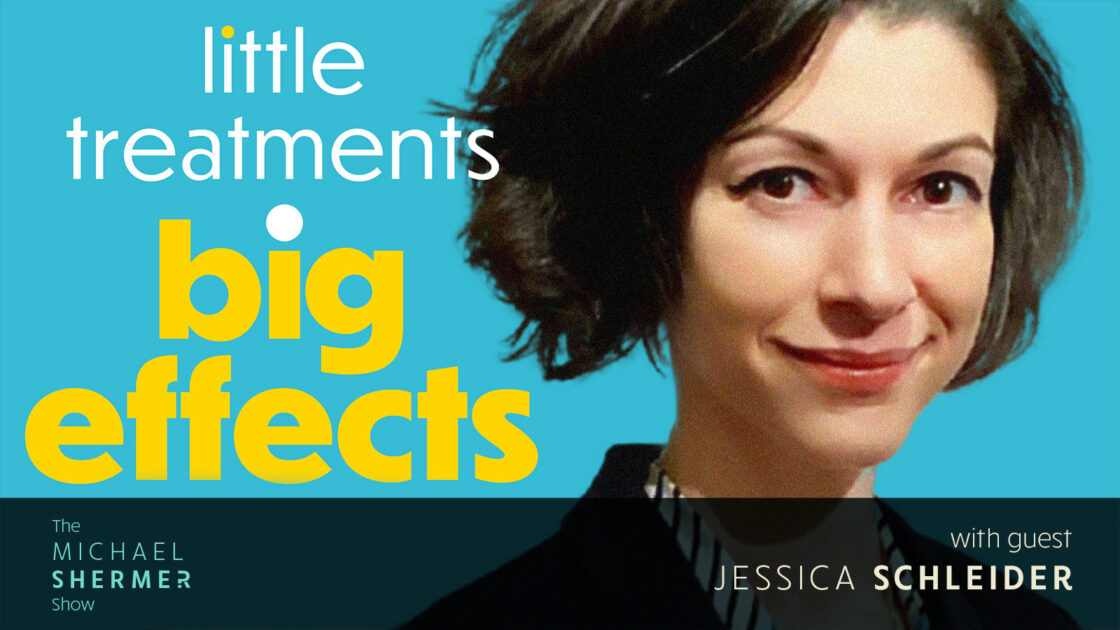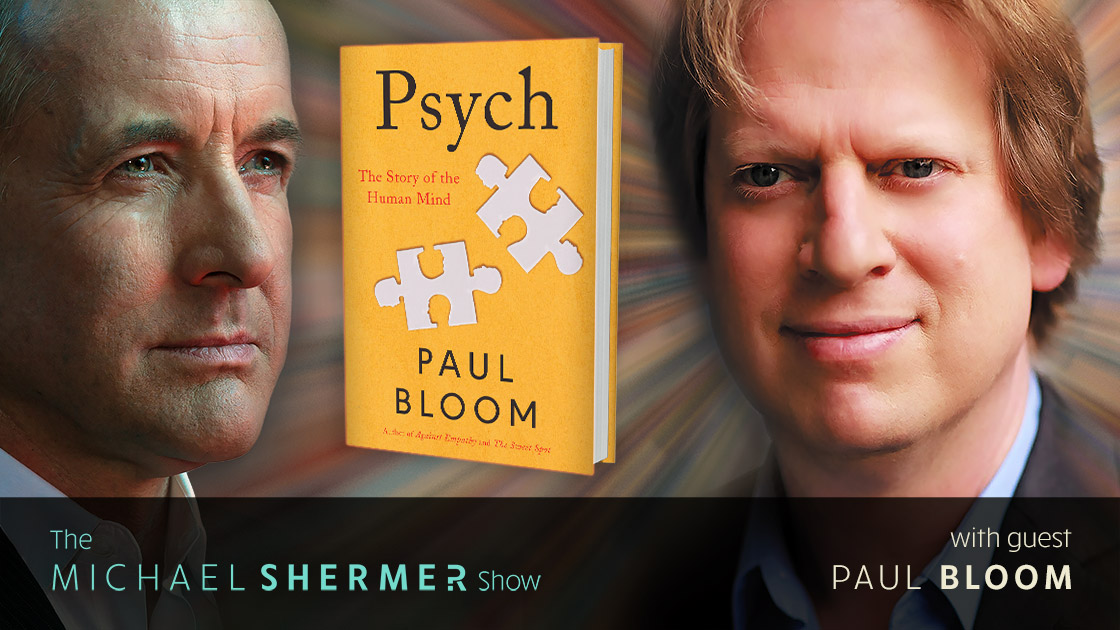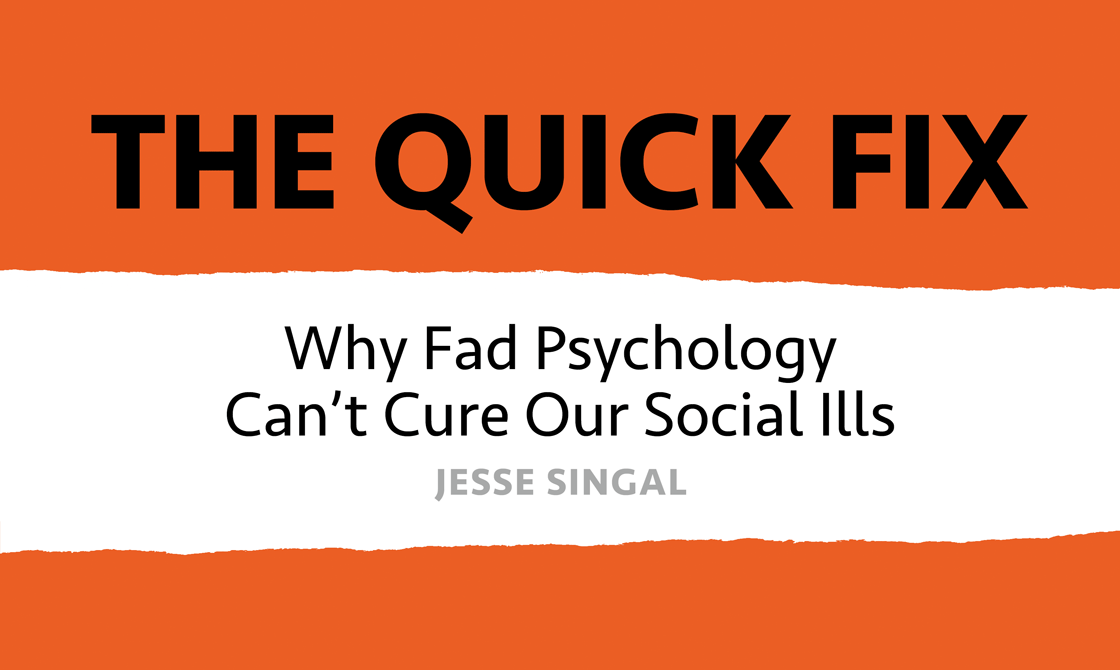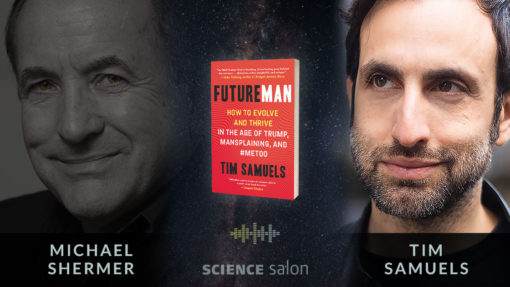depression

Shermer and Hauser discuss: • Adverse Childhood Experiences (ACEs) • Hauser’s personal adversities • types of adversity • LeBron James story from childhood trauma to NBA triumph • The Dark Triad: psychopathy, machiavellianism, narcissism • Attachment Theory • Disorganized Attachment • Borderline Personality Disorder • sexual abuse and eating disorders • substance abuse, suicide, obesity, depression, liver disease, school dropout, lower life expectancy • timing, duration, severity, and predictability of ACEs.

Shermer and Henderson discuss: hindsight bias • genes, environment, luck, contingency • foster care • incarceration rates • marriage, divorce, childhood outcomes • poverty, welfare programs, and social safety nets • the young male syndrome • alcohol, drugs, depression • luxury beliefs of educated elites • wealthy but unstable homes vs. low-income but stable homes • inequality • Henderon’s experience in the military, at Yale and Cambridge • the Warrior-Scholar Project.

Shermer and Schleider discuss: her own experience with mental illness and eating disorder • 80% of people meet criteria for a mental illness at some point in their life • the goal of therapy • navigating therapy modalities, access, payments, insurance • What prevents people from getting the mental health help they need? • outcome measures to test different therapies • traditional therapy vs. single-session interventions • growth mindset • Cognitive Behavior Therapy (CBT) • difference between goals and values…

How does the brain — a three-pound gelatinous mass — give rise to intelligence and conscious experience? Was Freud right that we are all plagued by forbidden sexual desires? What is the function of emotions such as disgust, gratitude, and shame? Renowned psychologist Paul Bloom answers these questions and many more in this conversation based on his riveting new book about the science of the mind: Psych.

There is probably no other scientific discipline in which fads come and go so quickly, and with so much hype, as psychology. In his Quick Fix, Jesse Singal discusses eight different psychological ideas that have been promoted as quick fixes for different social problems. He refers to these as “half-baked” ideas—ideas that may not be 100 percent bunk but which are severely overhyped. This review of Singal’s book discusses the many different flawed studies that derailed psychology for years.

Shermer and Moran discuss: her dysfunctional family background • her boyfriend who pimped her • the women who sell sex and the men who buy it • why other prostitutes have attacked her • agency and volition in prostitution: women and men • why “prostituted” as something done to women (instead of choosing it)? • what she thought about when having prostituted sex • drugs, depression, and suicide as responses to prostitution • the myths of prostitution • feminism and…

Shermer and Patrick discuss: her memoir Life B • trends in treatment of depression and other mental diseases • why memoirs by authors who have suffered traumas and stresses in their lives sell so well • non-fiction, fiction, and quasi-nonfictional fiction • censorship and cancel culture in publishing • why the New York Times bestseller list is so influential • the trial over the acquisition of Simon & Schuster by Penguin Random House over whether it will lead to a monopsony…

Shermer and Arikha discuss: dementia, senility, Alzheimer’se • mental illness and the labeling problem • the social construction of mental illness • neurology and psychiatry • agency and volition • memory and amnesia • autobiographical memory • self and embodied self • brain modularity • brain as a machine • emotions and cognition • conversion disorder/hysteria • depression • metacognition • exteroception and interoception.
Announcing Skeptic 27.1: Transgender Matters — an overview of the debate, research, and policies; supporting kids who identify as transgender or who are experiencing gender dysphoria (marked distress at an incongruence between gender identity and biological sex).
Social psychologist Carol Tavris thoughtfully explores and questions “affirmative trans medicine,” the latest dangerous medical practices bubble. Few question the mystifying explosion of cases of gender dysphoria among adolescents and the proliferation of clinics to treat them. Vulnerable teens and baffled parents resort to internet misinformation and succumb to biased media influence, while experts spurn exploratory therapies and promote untested treatments that have long-term effects. Dissenters are vilified and silenced as being transphobic.
Social psychologist Carol Tavris thoughtfully explores and questions “affirmative trans medicine,” the latest dangerous medical practices bubble. Few question the mystifying explosion of cases of gender dysphoria among adolescents and the proliferation of clinics to treat them. Vulnerable teens and baffled parents resort to internet misinformation and succumb to biased media influence, while experts spurn exploratory therapies and promote untested treatments that have long-term effects. Dissenters are vilified and silenced as being transphobic. PLUS: Michael Shermer Speaks with Johnjoe McFadden…

Is Electronic Screen Syndrome (ESS) real? Is it a disease? An addiction? Do violent video games cause aggression? Can playing video games have positive effects? In this column from Skeptic magazine 25.2 (2020), Harriet Hall, M.D. examines ESS and shares the science.
In SPAS-006, the researchers asked: “Do people with different political orientations have different bases—evidence or emotion—for their political opinions?” PLUS: Harriet Hall, M.D. examines Electronic Screen Syndrome (ESS) and shares the science.

If ever there was an urgent need for a frank understanding of what’s going on with men, it is now. Male rage and frustration have driven resurgent populism, mass shootings, and epidemics of addiction and violence. Powerful men who have abused their positions for decades have been and are being #MeToo-outed and dismissed. The patriarchy, that solid bedrock of male power for thousands of years, seems to be crumbling…
In Science Salon # 92 Michael Shermer speaks with Tim Samuels about his brand new book: Future Man: How to Evolve and Thrive in the Age of Trump, Mansplaining, and #MeToo. PLUS: Michael Shermer reviews The Violence Paradox, a PBS NOVA film special based on Steven Pinker’s book The Better Angels of Our Nature.
In his December 2018 ‘Skeptic’ column for Scientific American Michael Shermer discusses how to avert a looming crisis among today’s youth.

Science writer and weekly advice columnist Amy Alkon debunks widely-accepted but scientifically unsupported notions about self-esteem, shame, willpower, and more and demonstrates that thinking your way into changing (as so many therapists and self-help books advise) is the most inefficient way to go about it. Shermer and Alkon also get into the #metoo movement, evolutionary psychology, politics, depression, suicide, Jordan Peterson, and other fascinating topics.
In Science Salon # 31, Michael Shermer talks with the science writer and weekly advice columnist Amy Alkon about her new book, Unf*ckology: A Field Guide to Living with Guts and Confidence.



















